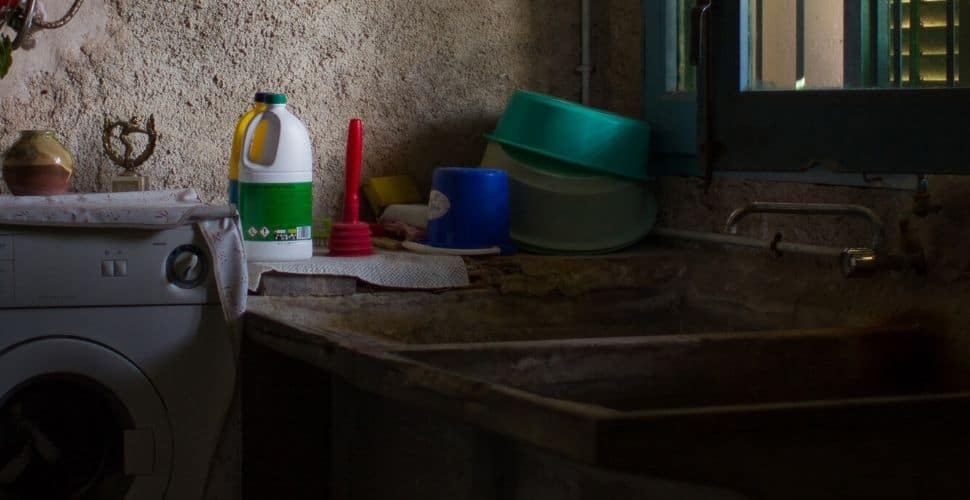Al Jazeera reports that Lebanon’s current financial crisis heightens the insecurity of domestic workers, particularly migrant domestic workers, as they are being paid a fraction of their time’s worth – if at all.
All migrant workers are subject to the kafala system which binds employees to their employers and leaves them vulnerable to exploitative situations and modern slavery.
Because of the extreme power imbalance in favor of employers, migrant domestic workers are vulnerable to being subjected to physical, emotional and sexual abuse, restrictions placed on their movements and having their wages withheld.
In September 2020, the labor ministry established a new standard for domestic workers to protect their rights but it has yet to be implemented.
Lebanon is currently one of the top two countries in the Middle East employing foreign domestic workers due in part to stigma attached to the profession. Around 250,000 foreign domestic workers work there, according to Human Rights Watch.
Most have found the work lucrative – before the financial crisis. Now, as the currency has crashed, they are not making enough money to send home and many are leaving.
Others, Ethiopian domestic workers in particular, have been dumped outside their embassies by their employers without their owed wages and no money to buy a ticket home.
Al Jazeera reports the experience of one Bangladeshi domestic worker, Sabrina,
“Before the economy collapsed, I used to earn $5 for an hour at the rate of 1,500 pounds to the dollar. In a four-hour shift, I earned 30,000 pounds but $20. Now I get paid 60,000 pounds for the shift but that is only $5-6.”
The exit of migrant domestic workers has been branded an “opportunity” by Lebanon’s former minister of labor. Camille Abousleiman said, “It can also be a chance for the Lebanese to take these jobs. The transformation in mindset might take time but if dignity is restored to these jobs then it might happen.”
Around the world, there are at least 67.1 million domestic workers – millions of them children. According to the International Labour Organisation (ILO), women make up 81% of national domestic workers and 73% of migrant domestic workers.
If all domestic workers worked in one country, this country would be the tenth largest employer worldwide.
Domestic workers are dependent on their employers and, in most countries, lack sufficient legal protections, leaving them especially vulnerable to exploitation and abuse.
That’s why the Freedom United community is calling on world governments to pass Convention 189 – an ILO global labor standard for domestic workers.
Support the campaign today to demand better rights for domestic workers!







Freedom United is interested in hearing from our community and welcomes relevant, informed comments, advice, and insights that advance the conversation around our campaigns and advocacy. We value inclusivity and respect within our community. To be approved, your comments should be civil.